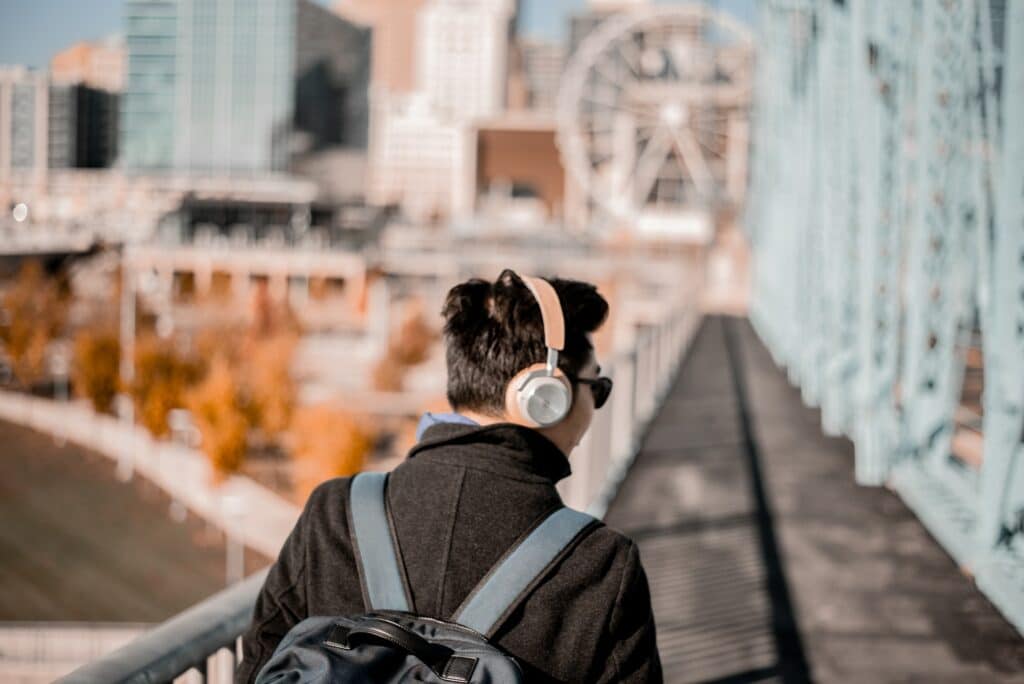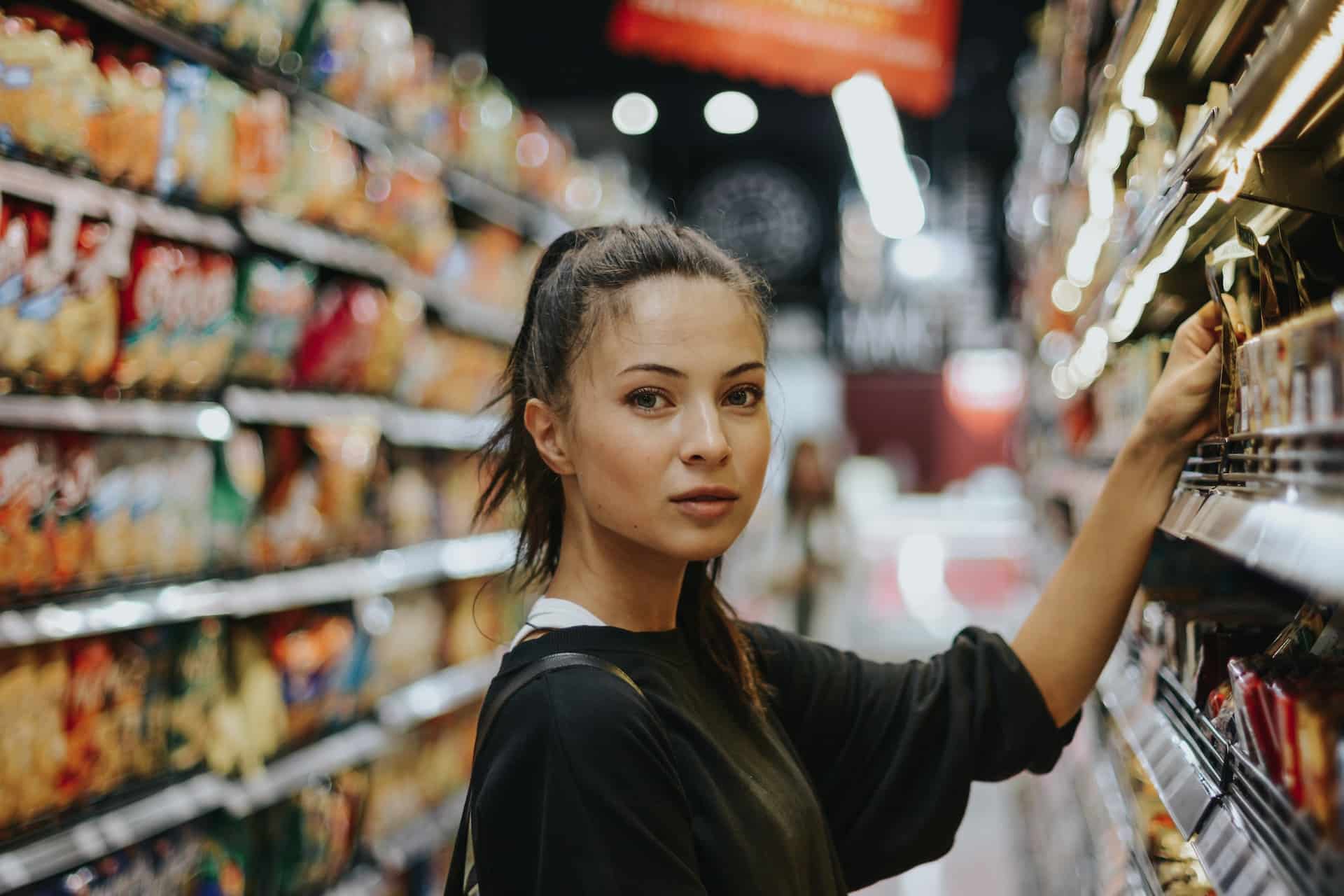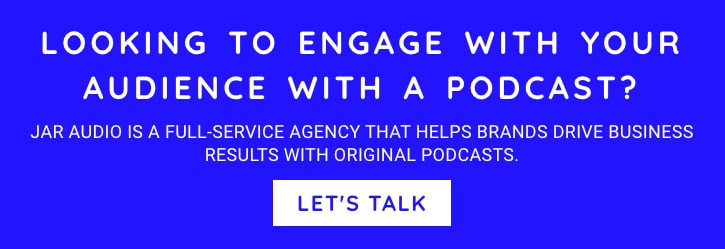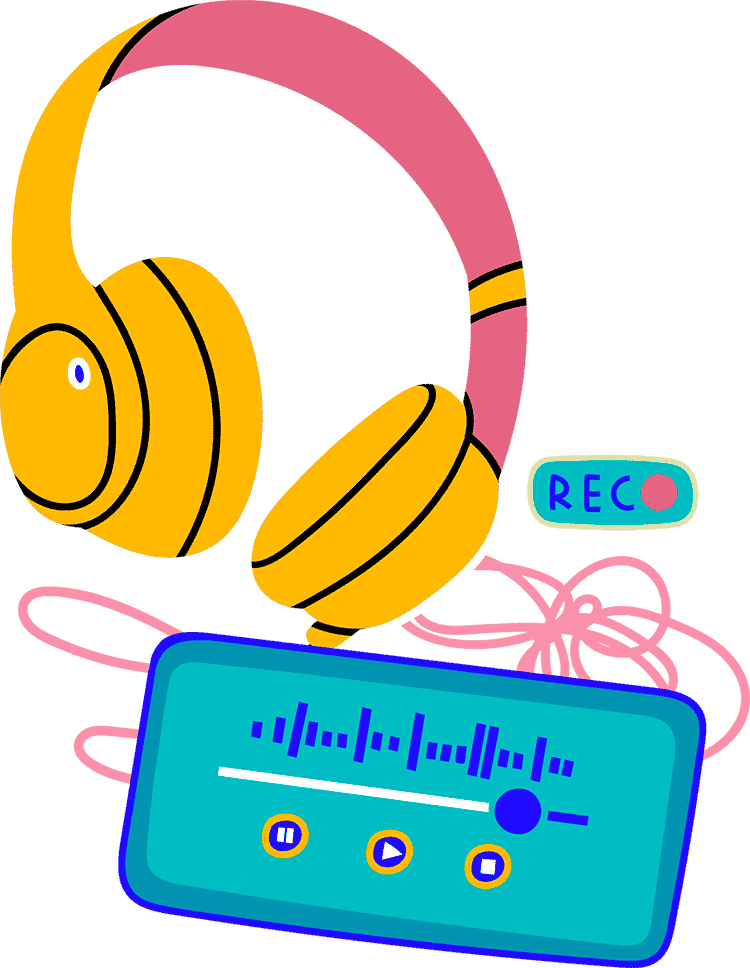Making Meaning with Today’s Consumer.
By: Jen Moss, Chief Creative Officer
15 years after the 2008 financial crisis and the introduction of B-Corps into the corporate landscape, international players, the Havas Group of Health and Wellness Businesses, came out with their 15th Meaningful Brands survey. This large, data-driven survey talked to more than 91,000 people across 10 markets and generated 782,000+ data points across 1,300 global brands and 42 categories.
The results are revealing. 72% of people say they believe “collective equity — being good for the planet” is an important consideration for brands. At the same time, one in three people reports they are “personally affected by at least one crisis on an everyday level,” and 71% believe brands should be “improving their personal health and well-being.”
What this means is audiences and consumers are paying attention to how brands behave on both a global and a personal level. They are looking at brands the way people used to look at governments: with the expectation that they show up in the world to serve both the greater good and the individual’s daily reality.

The Shift
It’s an interesting shift, and one possibly rooted in Generation Z coming increasingly into the picture, articulating as they often do, the need for both planetary responsibility and work-life balance. It’s the new, improved version of “having it all,” and it comes from the realization that climate health is interconnected with social health and personal wellness. They’re calling it the “Me-conomy,” and according to Seema Patel Managing Director of Global Intelligence from the Havas Media Group,
“We are now entering a phase where purpose must evolve to also recognize that people should be at the heart of what brands care about most. Brands now must focus much more on addressing their customers’ personal needs.”
What To Do?
So, how can making a podcast help brands step into this dual role of serving the planet while also authentically upholding and improving the lives of individuals? By doing what podcasts do best: Telling stories from the inside out. Listeners want to hear stories they can relate to — that reflect their daily lives, passions, hobbies, and their place in the world. A well-designed podcast is built around the listener’s needs. The need to be entertained, but also the need to learn, grow, challenge themselves, and better understand the problems facing our planet, our cities, and our neighbourhoods.

An Example
A great example of this principle in action is the LUSH Cosmetics podcast, The Sound Bath, hosted by Blues Surrealist Poet and Black Lives Matter activist, aja monet. The show draws the connection between inner and outer beauty and individual and social wellness. Carefully planned podcasts like this one can go deep into the important conversations of our time in a way that other shorter (or flashier) forms of media cannot. They encourage lifelong learning on a dizzying array of topics, educating and emboldening us to face our problems — be they individual or global — head-on.

User-centric
Audio podcasts, in particular, are user-centric. They are designed to be portable and non-screen reliant, which means they encourage listeners to get out and walk while learning and listening. This allows for a better balance between work and life and removes the separation from nature that has been so problematic in the digital media era. It’s one quiet way podcasts support the individual while convening opinions around broader topics. In addition, because audio podcasts are so intimate, you are literally “whispering in the ear” of listeners. They present an opportunity to speak very directly to each listener with no “brand voice” getting in the way. Human-to-human contact helps people to feel more alive, supported, and less alone.
Topsy-Turvy
The world has been through a lot these past few years and it’s far from over. As people grapple with big issues like climate change, racism, and political and economic upheaval, we see the impact of those issues on people’s daily lives: the cost of food, the shortages of supplies, the anxiety, the mental health crisis, the addiction, and the isolation. The only way forward is to talk about it, come together and compare notes, listen, and seek solutions.
Brands as Facilitators
Today, brands can look at themselves as important facilitators of these broader conversations. According to the Havas Group survey, 72% of people are “tired of brands pretending they want to help society when they just want to make money.” These consumers have been to the puppet theatre and seen the strings. They know when they are being manipulated. Podcasts offer a way for brands to avoid the trap of talking down to their audience. By replacing the typical top-down, brand-to-consumer communication style with a more authentic, and ultimately human-powered style, podcasts let brands meet their customers organically and create meaningful connections. By leaning into interesting, audience-centric content, brands get the chance to make a great first impression as audiences choose to spend time with them.


